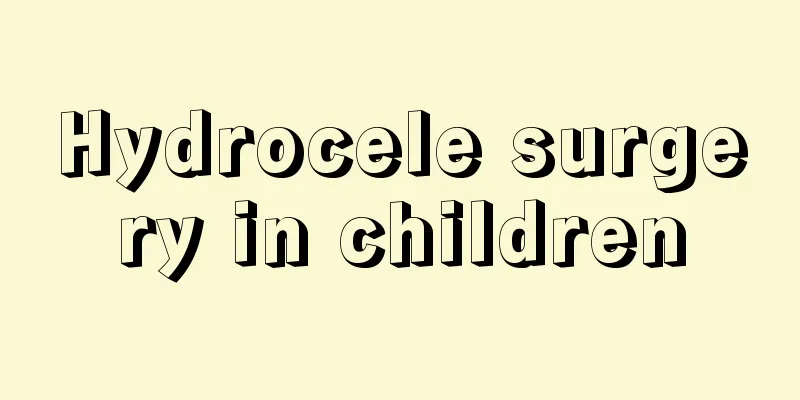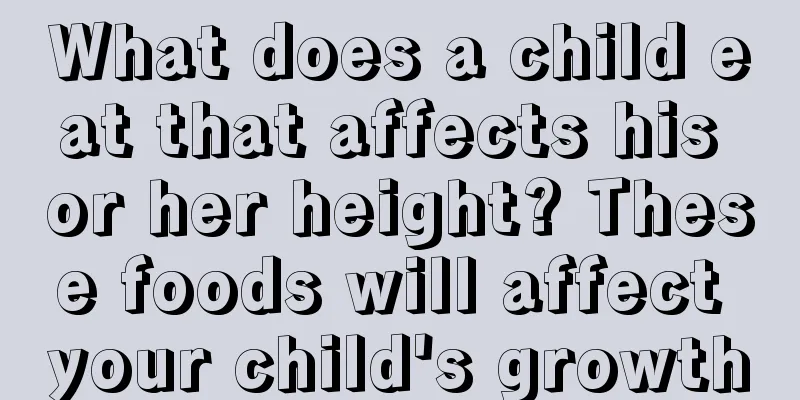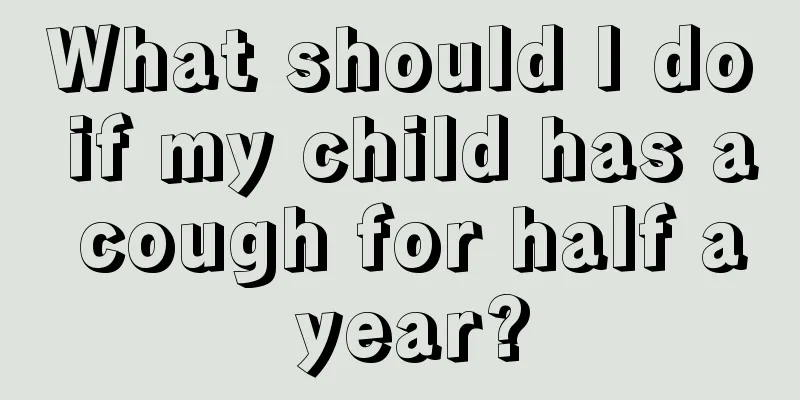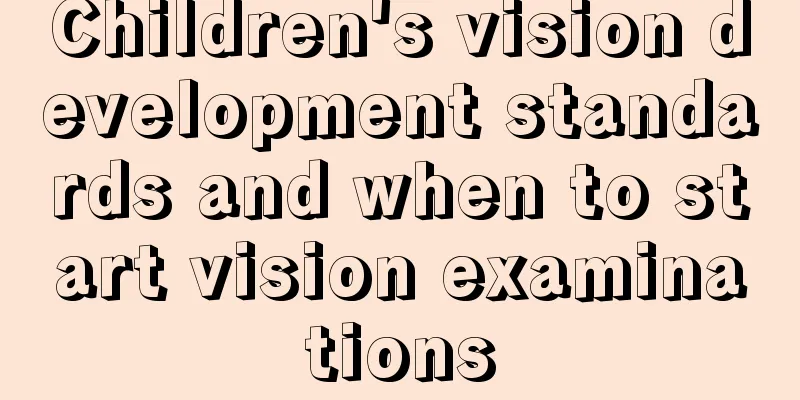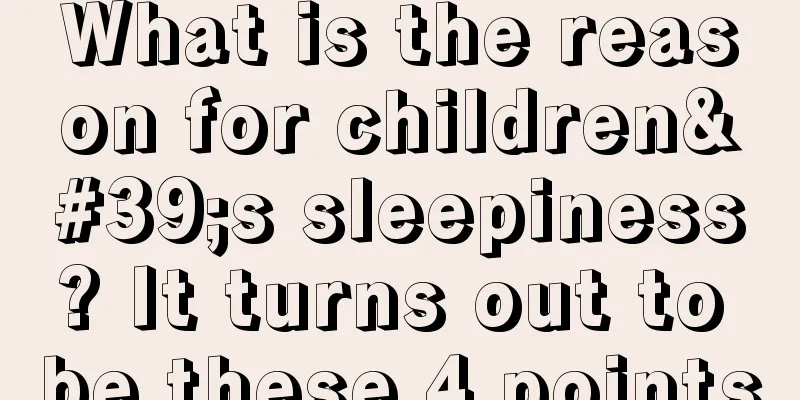How to treat newborn baby's breathing problems

|
Some newborns or newborns have difficulty breathing. At this time, you must pay attention. Parents should take their children to the hospital for a detailed examination and actively find out the cause before symptomatic treatment. Generally speaking, if a newborn has difficulty breathing, it is likely due to a cold, but it may also be caused by foreign objects in the nose. If the child has purulent nasal discharge, you need to consider whether he has rhinitis. The following are some issues related to the treatment of respiratory distress in newborns. There are various reasons why babies have difficulty breathing. Here are five major reasons and solutions. First: Cold and stuffy nose (symptoms: stuffy nose, runny nose, slightly red nose wings, sometimes accompanied by fever.) Because babies' body temperature regulation center is not fully developed, their nasal mucosa is tender and weak, and their respiratory defense is poor, they are prone to colds. Subsequently, acute edema of the nasal mucosa occurs, causing nasal congestion. Prevention and control measures: 1. Place a warm, wet towel on the baby's nose for hot compress (not too hot), twice a day, each time for about 15 minutes. 2. When using air conditioning, the temperature difference between indoor and outdoor should not be too large. The temperature in the baby's room should be around 28 to 30 degrees Celsius. 3. About half a month after the baby is born, start to supplement cod liver oil in moderation; start to add complementary foods at 4 months and supplement vitamin A. You can feed some liver puree, carrot puree, and vegetable puree to enhance the defense ability of the respiratory tract. 4. When a baby has a lot of purulent nasal discharge, you can ask the doctor to do replacement therapy to clear out the purulent secretions in the sinuses. 5. If the baby has severe nasal congestion, you can use 0.5% ephedrine furazolidone drops cautiously under the guidance of a doctor, one drop in each nostril 10 to 15 minutes before feeding, and it will usually take effect within a few minutes. However, ephedrine has side effects on young infants and is not suitable for excessive or long-term use, so as to avoid causing atrophic rhinitis and affecting the olfactory sensitivity of the nose. Parents must note that poor breathing in newborns is not a small problem. Sometimes it may be due to congenital reasons. The child may have suffered from allergic rhinitis due to allergies about two months after birth. At this time, it is necessary to actively identify possible allergens, such as pollen, fungi, dust mites, etc., and try to avoid contact with these allergens again next time. |
<<: What are the symptoms of nasal polyps in children?
>>: Why do children have difficulty breathing through their noses?
Recommend
Scar repair after burns in children
When it comes to burns, many people are familiar ...
Can ADHD in children be cured?
A person's life basically ends when he or she...
What kind of milk powder is better for a two-year-old baby
When babies are just born, they drink breast milk...
How to prevent neonatal hemolysis
Many genetic diseases can occur in newborns, and ...
What should children eat to nourish their brains? What should they eat to make them smarter?
Today's parents place their hopes on the next...
Reasons for frequent urination in children
There are many reasons for frequent urination, th...
What should I do if my baby suddenly vomits?
Some babies experience vomiting, which seriously ...
What should I do if my baby only drinks milk from one side?
Babies are quite dependent on breast milk, which ...
What is the best medicine for children with internal heat?
Generally, it is not recommended to give children...
What should I do if my daughter often has stomachache?
Stomach pain is not unfamiliar to people, because...
When is the best time to take children's vitamins?
Children's vitamins are products that can sup...
What's wrong with a child's nose having mucus?
There are some hair follicles at the entrance of ...
Child coughing and wheezing
Some parents may find that their children often c...
What to do if your child has a recurring fever? Treatment of fever in children
Children are more likely to get sick during the t...
Can thrush in children heal on its own?
Thrush is an oral disease that is common among in...



